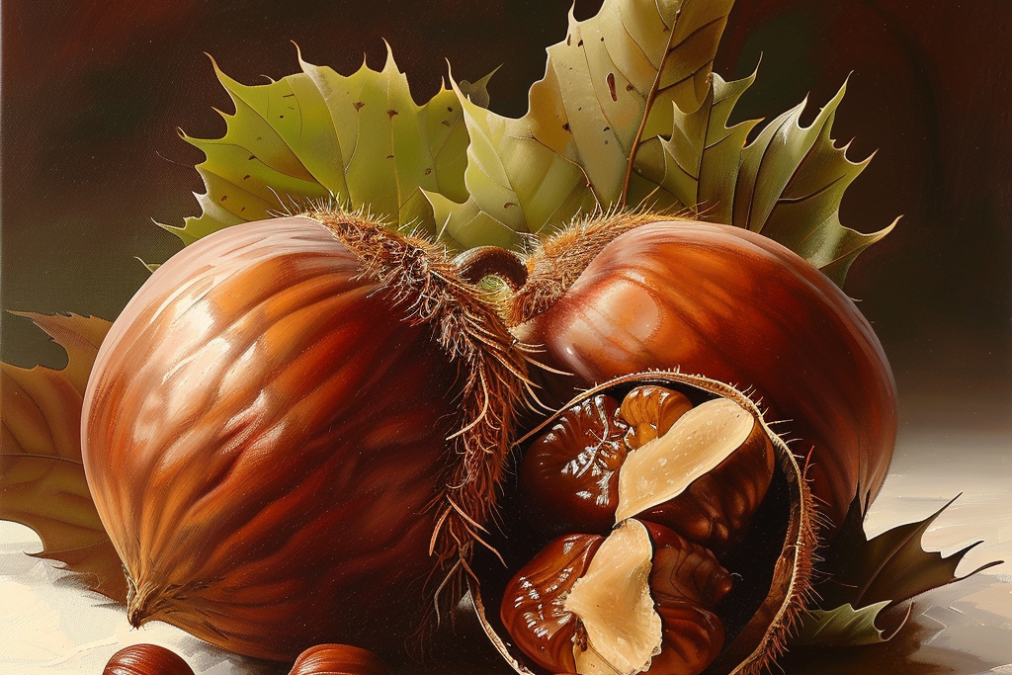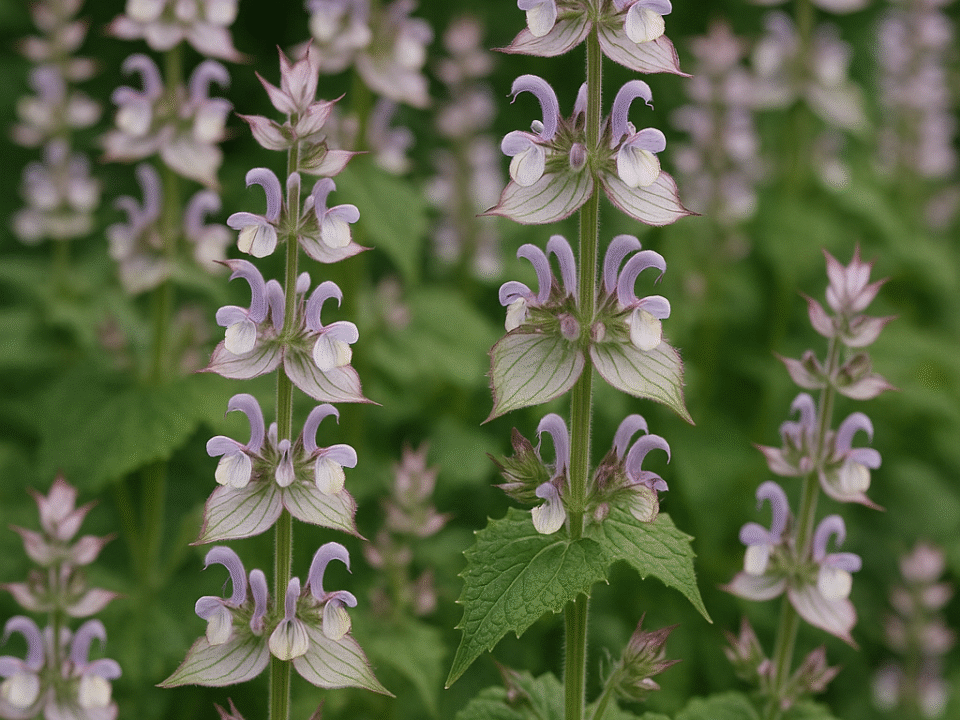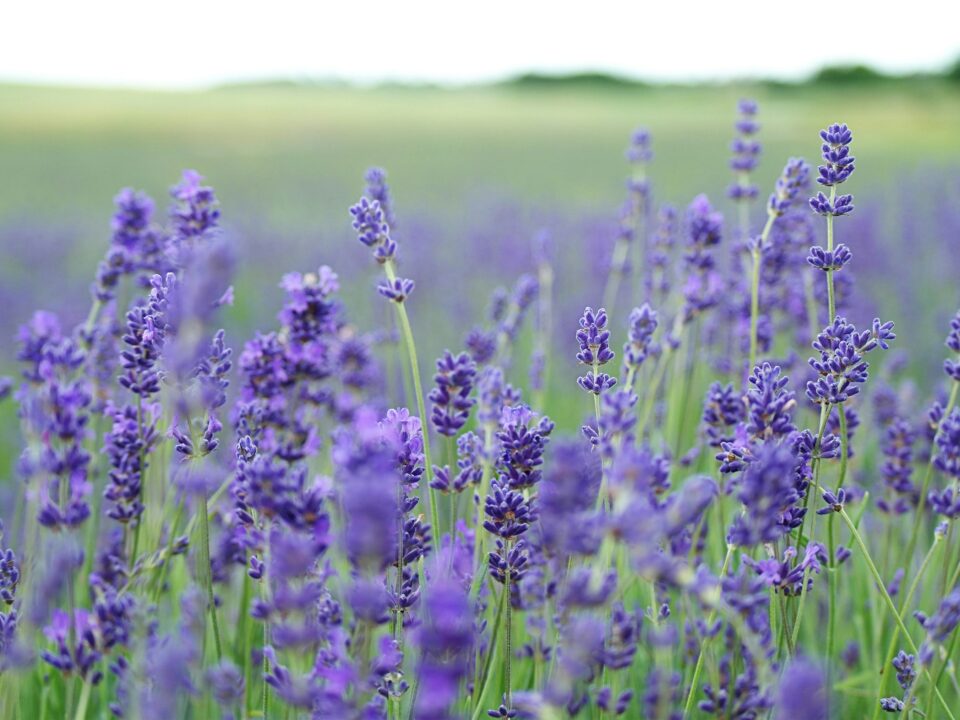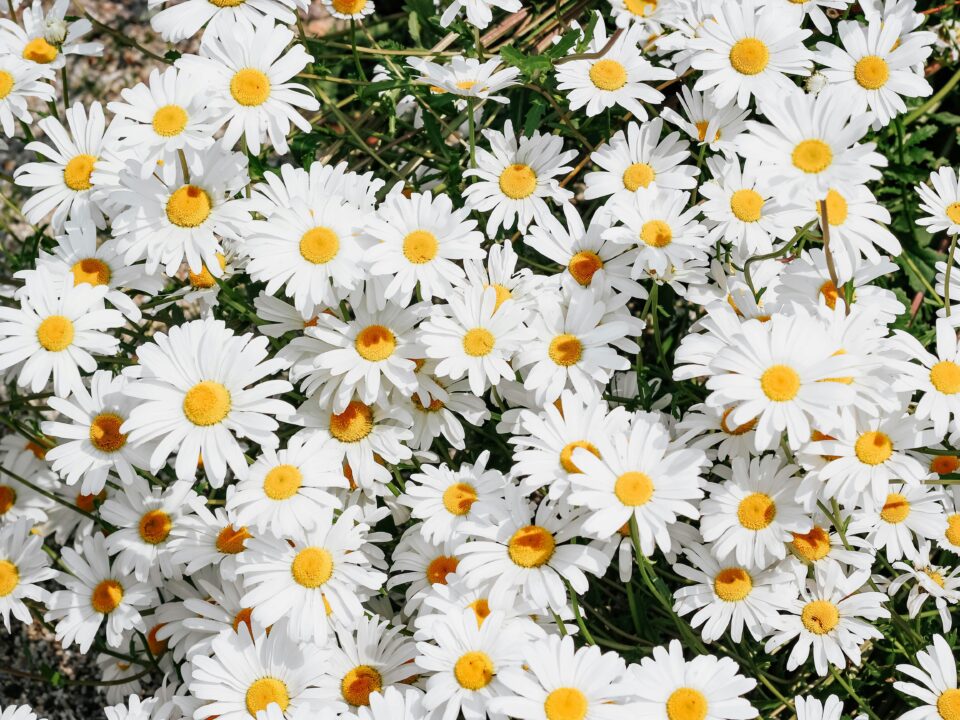
Aescin, also known as escin, is a potent mixture of saponins derived from the horse chestnut tree Aesculus hippocastanum, renowned for its anti-inflammatory, vasoconstrictor, and vasoprotective properties. This compound is the primary active ingredient in horse chestnut, responsible for the majority of its medicinal effects. The most significant component of aescin is β-aescin, though the mixture also includes α-aescin, protoescigenin, barringtogenol, cryptoescin, and benzopyrones.
The horse chestnut is historically native to the Balkans, including Albania, Bulgaria, Greece, and the former Yugoslavia, and extends its native range to Turkey and Turkmenistan. The tree has long been associated with Asclepius, the god of medicine, recognized since ancient times in the Balkans for its medicinal qualities. By the 19th century, its benefits in treating circulatory issues were popularized by a French doctor.
Traditionally, extracts from the horse chestnut tree, particularly those containing escin, are valued for their beneficial impact on microcirculation, offering draining properties that enhance the venous system’s function. In the modern era, escin is a key ingredient in a range of skincare products aimed at body firming, shaping, and anti-aging. The compound used in these products is nearly always derived almost purely from the seeds of the horse chestnut, ensuring high efficacy.
On a molecular level, escin’s capability to reduce blood lipids, alleviate blood glucose spikes, and decrease the risk of certain diseases highlights its broad therapeutic potential. Its use in managing poor circulation and chronic swelling is well-documented due to its ability to thin the blood and prevent water retention. Moreover, escin enhances capillary strength, helping to reduce the fragility of these small blood vessels and prevent fluid leakage into the surrounding tissues, which can lead to swelling.
Recent studies have shown that an extract of horse chestnut possesses one of the highest active-oxygen scavenging abilities among 65 different plant extracts tested, making it a more potent antioxidant than vitamin E. These powerful antioxidant properties contribute to its cell-protective effects, which are closely tied to the anti-aging benefits of antioxidants.
In cosmetic applications, horse chestnut escin is particularly beneficial for revitalizing mature skin that appears dry, dull, and fragile. Its nutrient-rich composition restores radiance and vitality, helping skin to look and feel rejuvenated. As research continues, the scope of escin’s benefits in skincare and health maintenance is likely to expand, underscoring its importance in both traditional and contemporary medicinal and cosmetic formulations.



